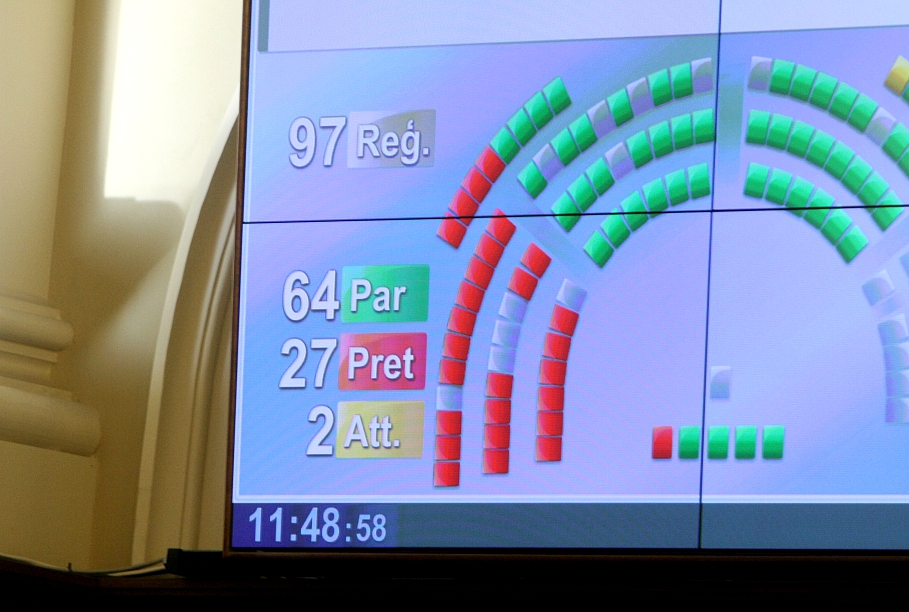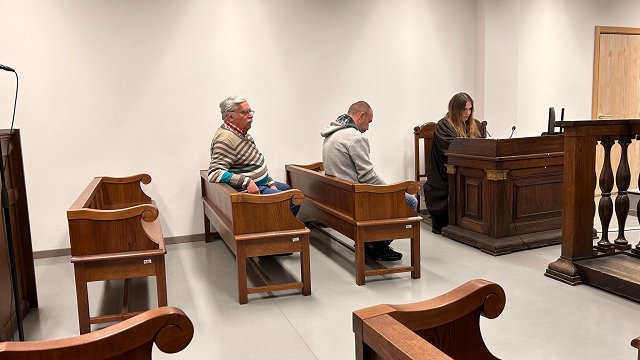"Today we proposed to the coalition partners to start working on the Constitutional amendments to have the Latvian president elected in an open parliamentary vote. Regretfully, the Greens and Farmers did not support the proposal," Smiltens said.
Under the coalition agreement, a ruling party may not proceed with a proposal for Constitutional amendments without the consent of all other coalition partners, therefore Unity will drop the proposal.
At present the Latvian president is elected by the lawmakers in a secret ballot - a procedure that is intended to prevent an elected president being able to punish those who did not back him or her. However, in practice it leads to lawmakers saying they they voted one way when the results of the secret ballot show that a number of them must simply be lying.
As previously reported, Latvian President Raimonds Vejonis recently suggested changing the presidential election procedure so that the head of the state would be elected by the people instead of the lawmakers.
He called on the Latvian parliament to pass a legislation allowing the people to elect the Latvian president directly already in 2019, urging the lawmakers not to hesitate and to start the adoption of the necessary amendments to the Latvian Constitution this fall.
However, given the fundamental changes to the constitution that it would require and the likelihood that the constitutional court would need to consider proposals, such a timetable for a Saeima he has repeatedly criticized for its low-quality lawmaking and sluggish response times would seem to be extremely optimistic.
But in the same meeting July 10 government coalition partners supported in principle Unity’s proposal to form a parliamentary ad hoc committee tasked with probing the so-called "oligarch conversations".
MP Andrejs Judins (Unity) might be appointed the head of the committee and Smiltens said that in the coming two weeks Unity will collect the 34 signatures from Saeima deputies necessary to form the committee.
He said that the proposal was supported by lawmakers from the Unity and the National Alliance, while the Union of Greens and Farmers also supported formation of the committee, but it is not clear how many of the lawmakers will sign for it - several of their members are likely to be under scrutiny if and when the committee is formed, including Agriculture Minister Janis Duklavs and Transport Minister Uldis Augulis as well as the ubiquitous figure of ZZS kingpin Aivars Lembergs.




























